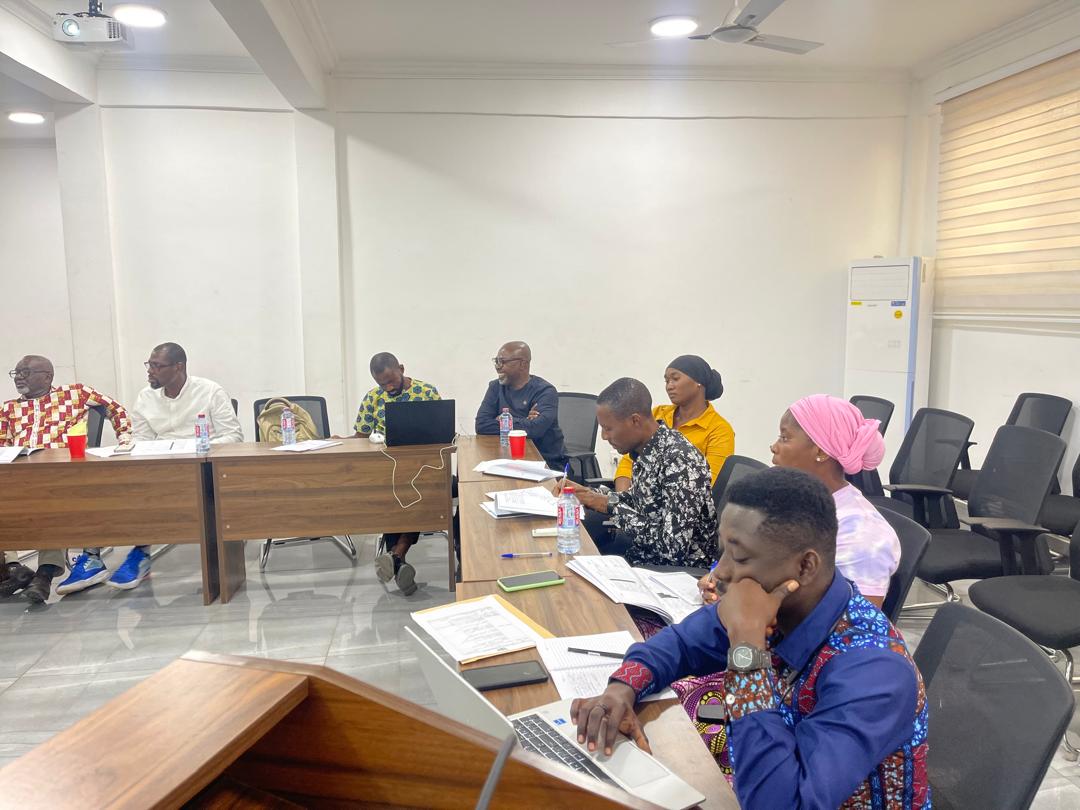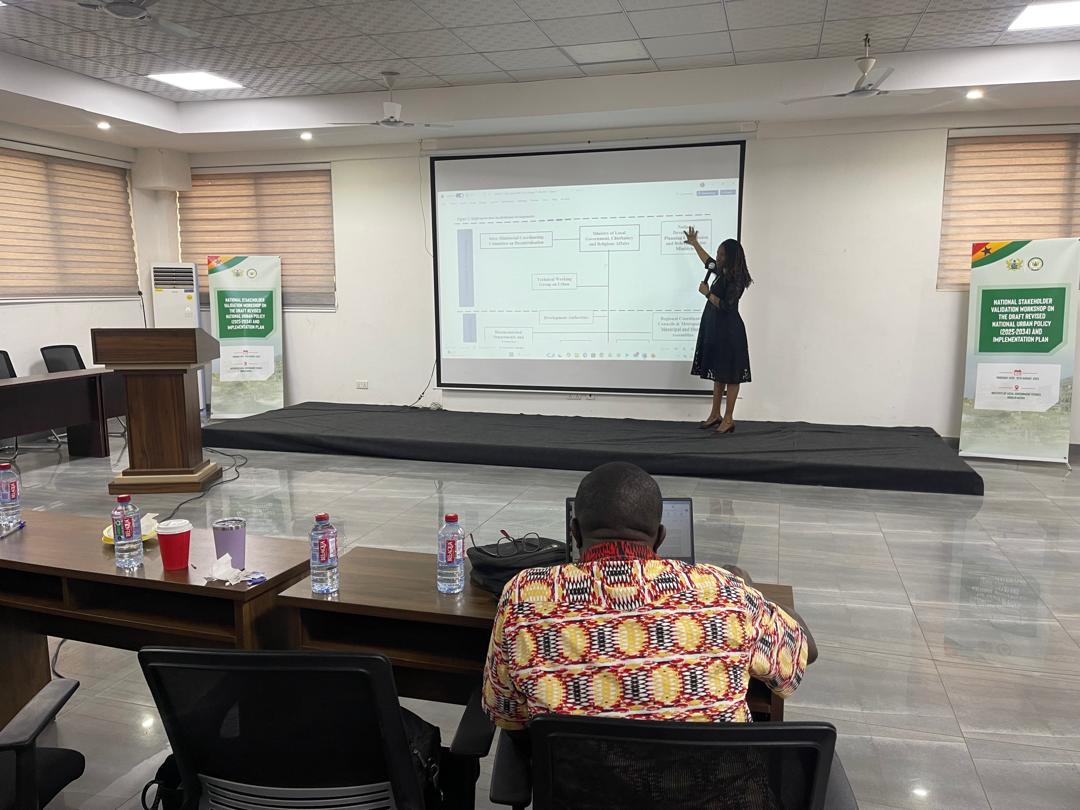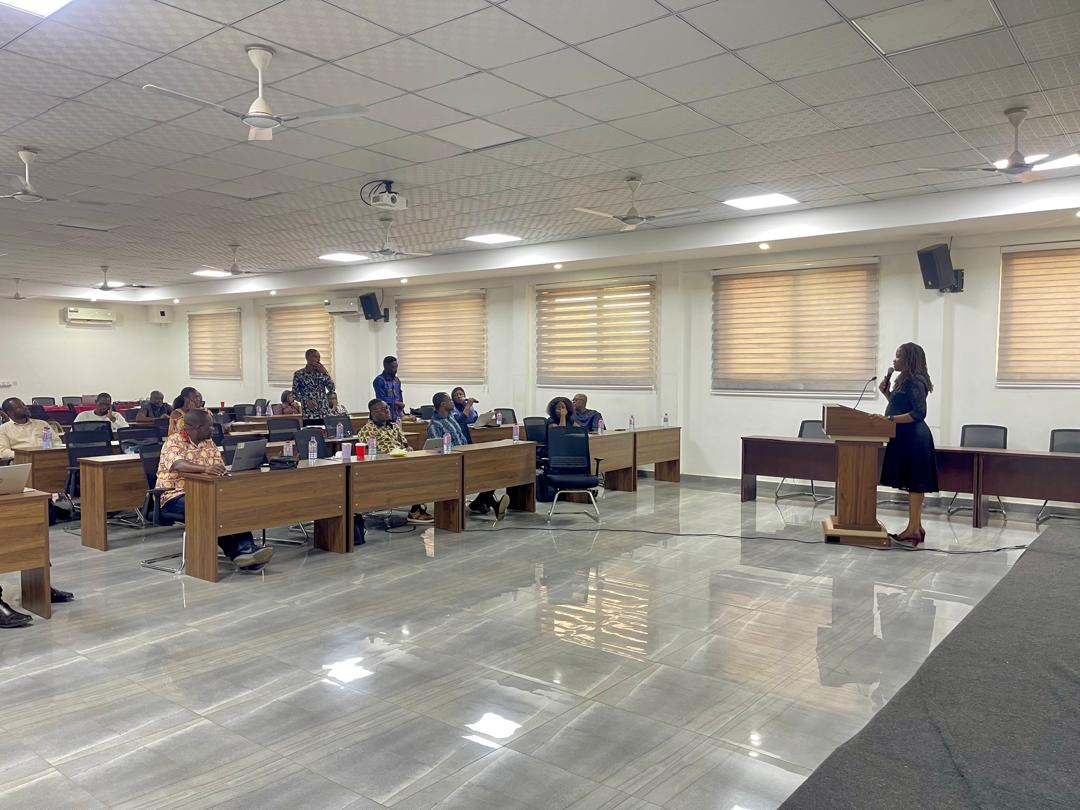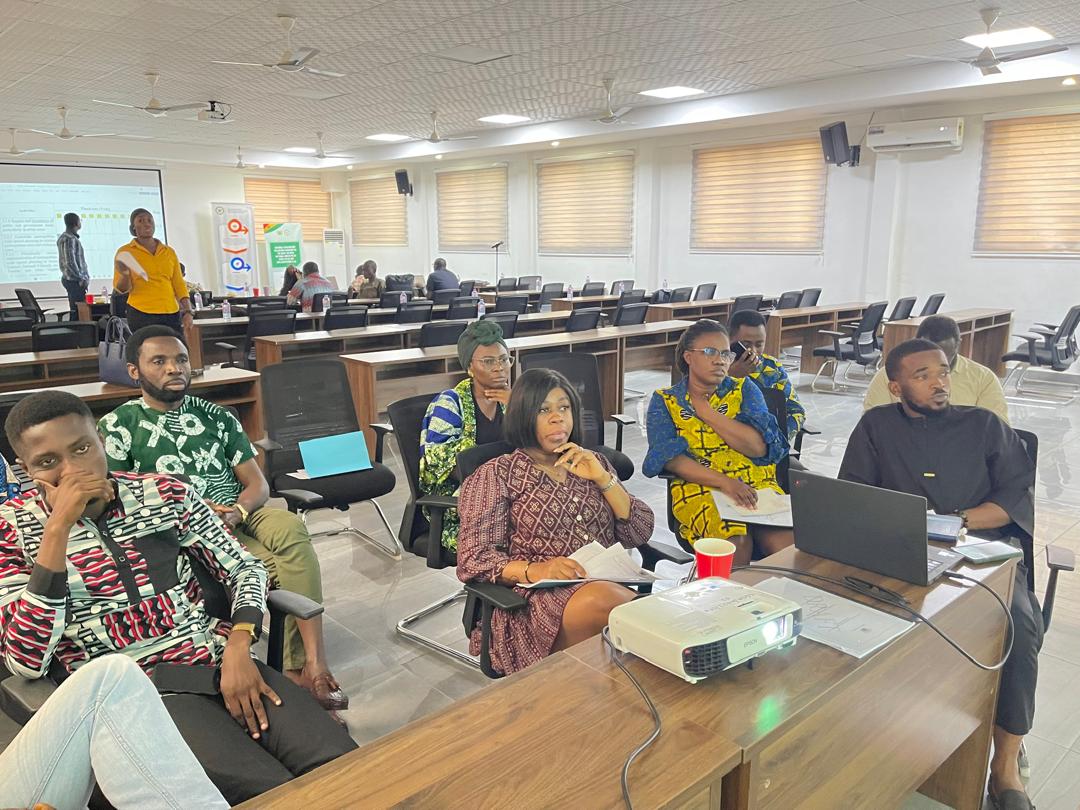The Ministry of Local Government, Chieftaincy, and Religious Affairs (MLGCRA) has concluded a two-day stakeholders’ validation workshop on the Revised National Urban Policy (NUP 2025–2034) and its Implementation Plan. The event, held from August 14 to 15, 2025, at the Institute of Local Government Studies in Accra, marks a significant milestone in Ghana’s efforts to shape its urban development agenda for the next decade.
The workshop brought together representatives from key Ministries, Departments, Agencies (MDAs), Metropolitan, Municipal and District Assemblies (MMDAs), academia, development partners, and urban governance experts. Participants reviewed and refined the draft policy to ensure it responds to Ghana’s evolving urbanisation challenges and is aligned with national priorities and global development frameworks.
The Revised NUP focuses on eight core objectives: promoting spatially balanced and sustainable urban population growth; ensuring effective land use planning and management; promoting climate resilience and environmental quality of life; enhancing urban economic development and city competitiveness; promoting diversified financing for urban infrastructure and services; investing in affordable social housing; promoting urban safety and security; and expanding access to urban infrastructure and services.
These objectives build on lessons from the first National Urban Policy, launched in 2012 following Ghana’s transition to a majority urban population in 2010. The original policy guided several major interventions, including the Ghana Urban Management Pilot Project (GUMPP), the Local Government Capacity Support Project (LGCSP) and its successor, the Ghana Secondary Cities Support Program (GSCSP), the Ghana Urban Mobility and Accessibility Project (GUMAP), and the Greater Accra Resilient and Integrated Development Project (GARID). These initiatives improved infrastructure, spatial planning, mobility, slum upgrading, disaster risk reduction, and access to social amenities.
Speaking at the closing session on behalf of the Ministry, the Director of Local Governance and Decentralisation, Pln. Samuel Seth Passah, expressed appreciation to participants for their active engagement and valuable input. He highlighted that the validated NUP would serve as a forward-looking framework for sustainable, spatially integrated, and well-managed urban growth, providing opportunities for all citizens, enhancing infrastructure efficiency, and improving the quality of life across Ghana’s cities and towns.
The way forward will see the Ministry consolidating all recommendations from the workshop, finalising the policy internally, and securing management endorsement. This will pave the way for the preparation of a Cabinet Memorandum and the submission of the policy for Cabinet approval. Upon approval, the Ministry will proceed with the nationwide launch and dissemination of the NUP, ensuring that stakeholders across the country are fully equipped to implement its provisions and steer Ghana towards a more sustainable and well-managed urban future.
With the policy in place, the country is laying the foundation for cities that work for everyone, where opportunities are accessible, infrastructure is efficient, and the quality of life is improved for all.
SOURCE: Sandra Owusu Asamoah
MLGCRA PR UNIT



